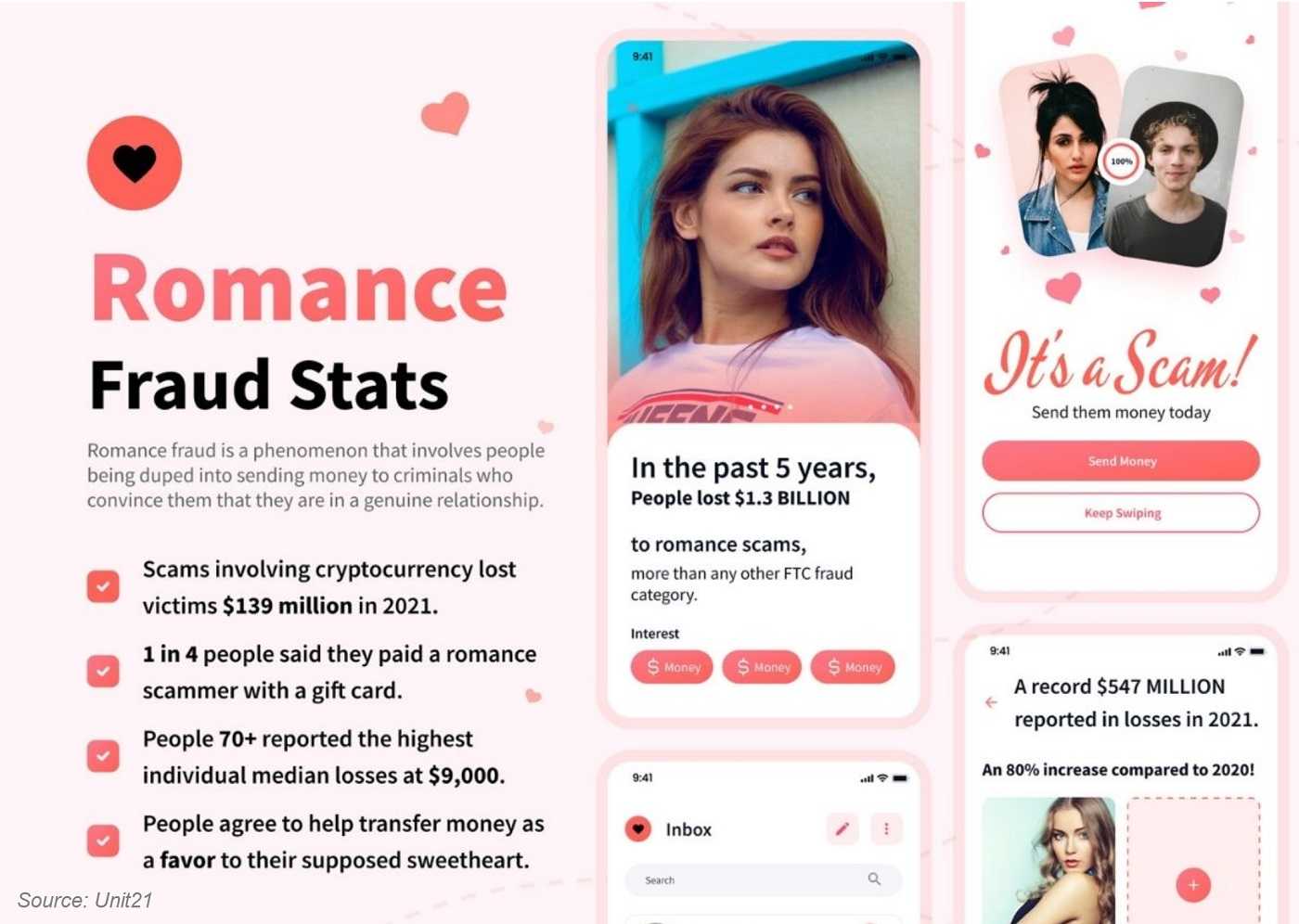A recent documentary aired on subscription streaming service, Netflix, that highlighted how difficult it is to detect when someone is trying to take advantage of human nature and kindness. You may have seen it. It has been discussed on various media and it may be difficult to watch. But it is yet another example of how criminals use social engineering and trust to get what they want. While we all may feel sorry for the victims, the criminals often get away and the solemn violin music isn’t playing when they ride off into the sunset with your money and potentially your heart.
It’s titled “The Tinder Swindler,” and focuses on women using the dating app, Tinder, to try to find companionship and love. One interviewee tells the story of how she met a guy that matched and swept her off her feet. He was handsome, successful, and wealthy. He even had a private jet to whisk them off to faraway lands. Sounds too good to be true, doesn’t it?

Unfortunately, as often is the case, if it sounds too good to be true, it really is. According to a recent report by TSB Bank, the average financial cost of romance fraud being conducted through social media apps such as Facebook, Tinder, and Plenty of Fish, is estimated to be around $8,100 per victim. And, while all age groups are susceptible to romance fraud, the average age of victims is 47, with women losing on average around $8,400, compared to just over $6,100 for men. Just more proof that people like to trust others. Also, more evidence that social engineering does work and that we all need to be aware of it.
TSB also found that the highest number of fraud cases related to fake profiles was on Facebook with 35%. Notably, 24% were on Tinder. Plenty of Fish showed 21% and 9% for Match.com. Phony profiles were also found on olderdating.com, Bumble, and Instagram.
 How can we avoid it? When looking for love, especially, keep the sixth sense activated. Ask yourself it sounds too good to be true. If the answer is yes, take a step back. We’re not telling you there aren’t attractive, successful, wealthy people out there, but if they offer to whisk you away in their private jet to an exotic locale after a few days of meeting online, perhaps ask more questions. If it is true, you’ll feel better about it.
How can we avoid it? When looking for love, especially, keep the sixth sense activated. Ask yourself it sounds too good to be true. If the answer is yes, take a step back. We’re not telling you there aren’t attractive, successful, wealthy people out there, but if they offer to whisk you away in their private jet to an exotic locale after a few days of meeting online, perhaps ask more questions. If it is true, you’ll feel better about it.
Don’t give money to anyone without meeting them in person first and never give out financial information, whether on the phone, in an email, or via wire transfer.
Trust is difficult to earn. Ask anyone you meet make the effort to earn it and you’ll be better equipped to protect your heart and your bank account.